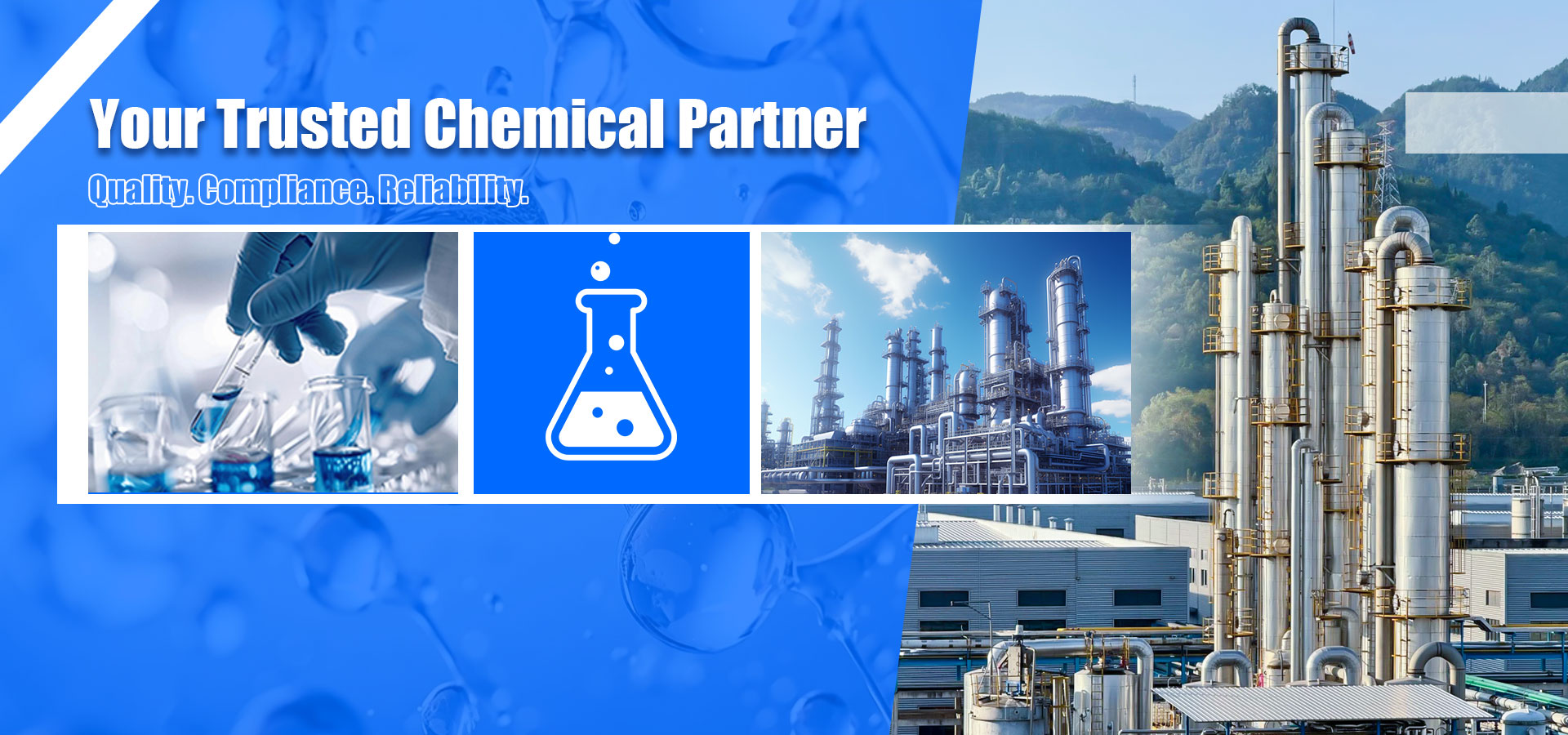Competitive Trisodium Phosphate Industrial Grade TSP prices that fit your budget—flexible terms and customized quotes for every order.
For samples, pricing, or more information, please call us at
+8615380400285
or mail to
sales2@liwei-chem.com.
We will respond to you as soon as possible.
Tel: +8615380400285
Email: sales2@liwei-chem.com
As a leading Trisodium Phosphate Industrial Grade TSP supplier, we deliver high-quality products across diverse grades to meet evolving needs, empowering global customers with safe, efficient, and compliant chemical solutions.
What are the important roles of Trisodium Phosphate Industrial Grade TSP in industrial production?
Trisodium Phosphate Industrial Grade TSP plays a key role in industrial production. In the field of cleaning, TSP is a master of decontamination. Its strong alkalinity can effectively decompose grease and dirt. It is often used to clean metal surfaces, ceramics, glass, etc., to remove oil and rust, making objects clean as new. It is widely used in machinery manufacturing, kitchenware production and other industries; in the water treatment industry, TSP can be used as a water softener, combining with calcium and magnesium ions in water to generate precipitation, reduce the hardness of water, prevent scaling of pipes and equipment, and ensure the normal operation of industrial water circulation systems; in the printing and dyeing industry, TSP can adjust the pH value of dye liquor, promote the combination of dyes and fabrics, improve dyeing uniformity and color fastness, and improve the quality of printing and dyeing products.
What operating specifications should be followed when using Trisodium Phosphate Industrial Grade TSP?
When using Trisodium Phosphate Industrial Grade TSP, it is necessary to operate according to different industrial requirements. During cleaning, according to the degree of dirt, prepare TSP into a 5% - 15% concentration solution, wipe or soak the object with a rag. For stubborn stains, the concentration can be appropriately increased and the soaking time can be extended. After cleaning, rinse thoroughly with clean water. During water treatment, calculate the amount of TSP according to the water hardness and the amount of water to be treated. After preparing the solution, add it evenly to the water and stir it thoroughly to make it fully react with calcium and magnesium ions; regularly test the water hardness and adjust the amount of TSP added. When used in the printing and dyeing industry, strictly follow the dyeing liquid formula, accurately weigh TSP and add it to the dyeing liquid, control the pH value of the dyeing liquid within the appropriate range, monitor the dyeing process at the same time, and adjust it in time according to the actual situation to ensure the dyeing effect.
What are the hazards of long-term contact with Trisodium Phosphate Industrial Grade TSP to human health?
Long-term contact with Trisodium Phosphate Industrial Grade TSP is harmful to human health if improper protection is not taken. TSP is highly alkaline. If it comes into direct contact with the skin, it will irritate the skin, causing redness, swelling, itching, and even burns. If it splashes into the eyes accidentally, it will seriously damage the eye tissue, causing symptoms such as pain, tearing, and blurred vision. If its dust is inhaled into the respiratory tract, it will irritate the respiratory mucosa, causing coughing, wheezing and other discomforts. Long-term and large-scale inhalation may affect lung function. In addition, if TSP is ingested by mistake, it will corrode the gastrointestinal tract and cause serious consequences such as nausea, vomiting, and abdominal pain. Therefore, when contacting TSP, protective equipment such as protective gloves, goggles, and masks must be worn, and the workplace must be well ventilated. If accidentally contacted, rinse immediately with plenty of water and seek medical attention in time.
How should Trisodium Phosphate Industrial Grade TSP be stored?
When storing Trisodium Phosphate Industrial Grade TSP, the environment and container must be carefully selected. It should be stored in a cool, dry, well-ventilated warehouse, away from fire and heat sources to prevent high temperatures from changing its properties. Because it is easy to absorb moisture and form lumps, the floor of the warehouse must be dry to avoid water accumulation. When storing, TSP should be stored separately from strong acids, flammable and explosive chemicals to prevent chemical reactions or safety hazards. The storage container should be a well-sealed plastic barrel, iron barrel or woven bag to ensure that the packaging is intact to prevent moisture absorption and impurities. Handle with care during transportation to avoid damage to the packaging. Check the stored TSP regularly to see if there is any caking, moisture, etc. If any problems are found, deal with them in time to ensure storage safety.
What will happen when Trisodium Phosphate Industrial Grade TSP is mixed with other chemicals?
Trisodium Phosphate Industrial Grade TSP reacts with other chemicals in a complex manner. When it meets strong acids, a violent acid-base neutralization reaction will occur, generating a lot of heat, and may even cause splashing, causing danger; when mixed with metal salts such as calcium and magnesium, the corresponding phosphate precipitate will be generated, which is often used to soften hard water; when combined with certain surfactants, it can enhance the decontamination effect and play a synergistic role in cleaning operations. However, when mixed with some metal ion complexing agents, they may interfere with each other and affect their respective effects; in certain specific chemical reaction systems, the alkalinity of TSP may change the reaction conditions and affect the reaction process and products. Therefore, when TSP is mixed with other chemical substances in industrial production, it is necessary to fully understand its chemical properties and operate with caution to avoid danger and adverse consequences.


